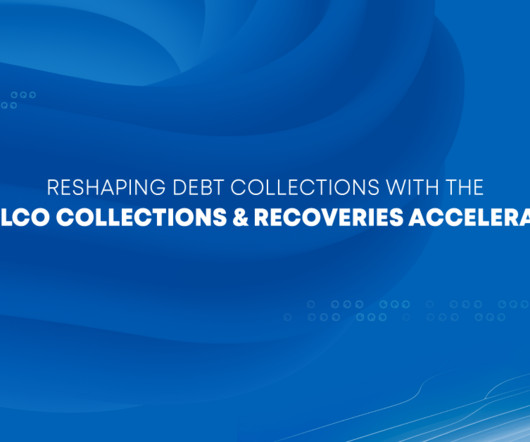Secured vs Unsecured Debt: Everything You Need to Know
Sawin & Shea
NOVEMBER 15, 2023
In the case of a Chapter 7 bankruptcy , the court appoints a trustee who is in charge of selling off (liquidating) a debtor’s non-exempt assets. Laws called exemption statutes determine what a person or married couple can keep through the Chapter 7 process. If a debt is unsecured, no collateral is put up as a guarantee to pay.















Let's personalize your content